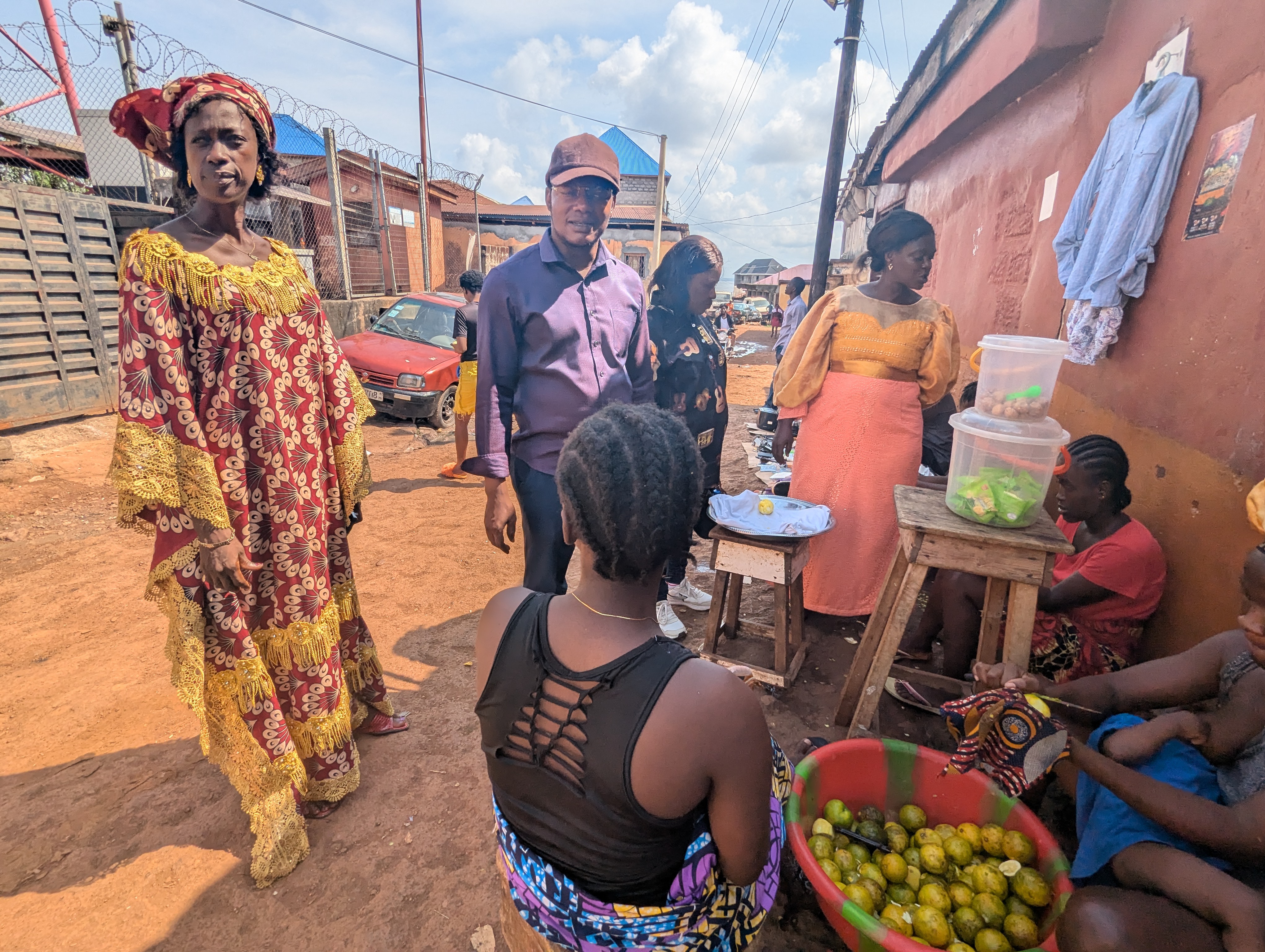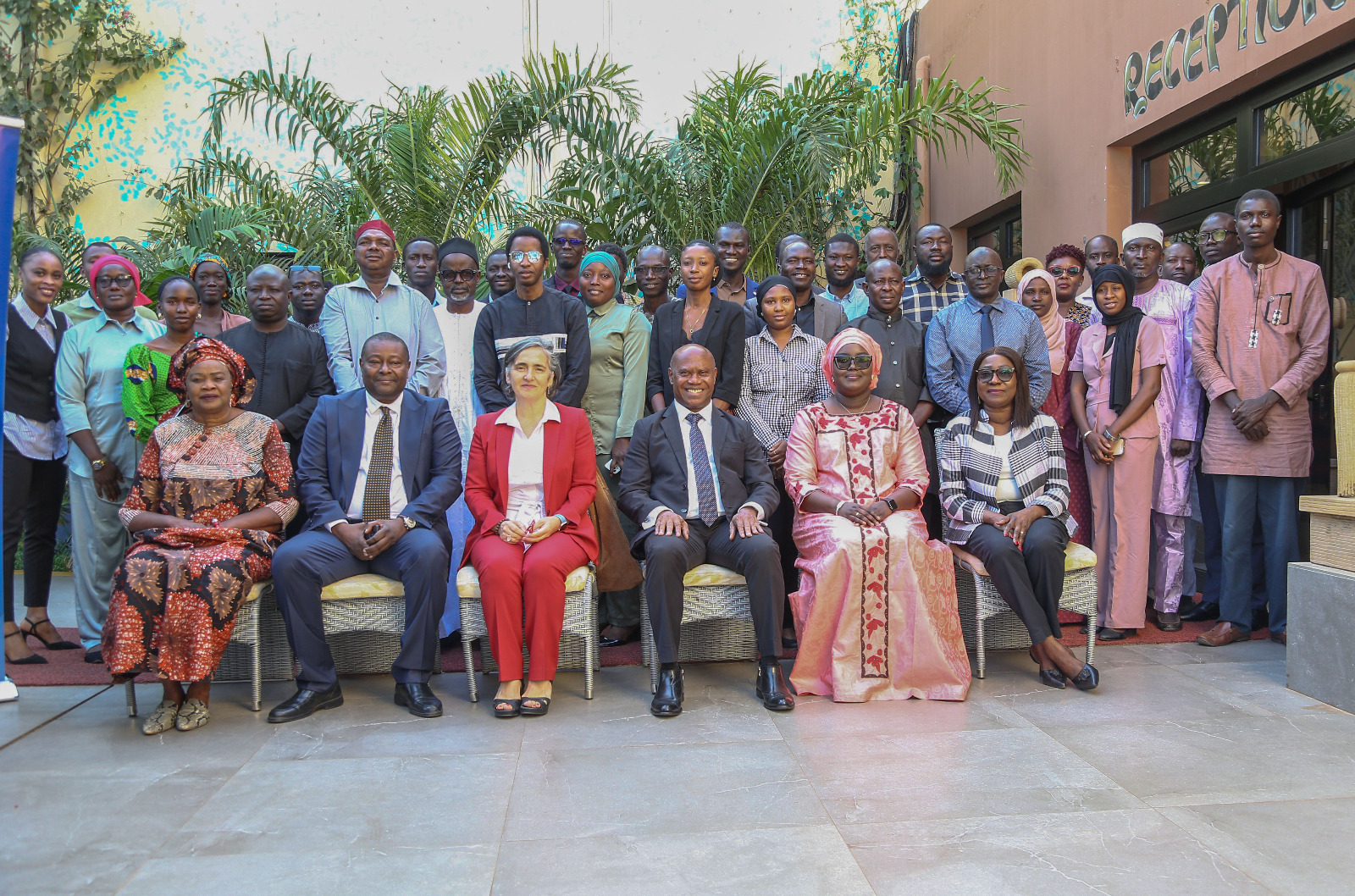Search
Region
Country
Type
Santa Cruz’s School of Public Governance, Escuela Cruceña de Administración Pública (ECAP) and International IDEA, launched on 17 August 2020, a series of events attended by 50 public servants from Santa Cruz’s Autonomous Regional Government with the aim of improving the design, evaluation and closure of public investment projects in the region.
The COVID-19 pandemic has had huge implications for elections around the world in 2020. At least 70 countries and territories across the globe decided to postpone either national or subnational elections between 21 February and 31 August.
El pasado 17 de agosto con la participación de 50 servidores públicos del Gobierno Autónomo Departamental de Santa Cruz, la Escuela Cruceña de Administración Pública – ECAP- e IDEA Internacional, dieron inicio a una serie de eventos de capacitación con el objetivo de mejorar el diseño, evaluación y cierre de proyectos de inversión pública en el Departamento.
A webinar on the impact of the COVID-19 pandemic on constitutionalism and the rule of law in East Africa took place on 11 June 2020. Participants included a selection of invited panellists and individuals from the African Union Commission (AUC), the International Institute for Democracy and Electoral Assistance (International IDEA) and other experts from the East Africa region. The session was guided by a programme and a concept note. The webinar was arranged as part
A webinar on the impact of the COVID-19 pandemic on constitutionalism and the rule of law in the Horn of Africa took place on 25 June 2020. Participants included invited panellists from the region and individuals from the African Union Commission (AUC), the International Institute for Democracy and Electoral Assistance (International IDEA) and other experts and participants from the region.
El presente documento que tiene por objetivo generar información y proporcionar un análisis del estado de situación en materia de derechos políticos de las mujeres, así como recomendaciones específicas de políticas para su impulso.
The AU’s double standard on lifelong leaders who reject term limits undercuts its moral standing to reject military coups.
The COVID-19 pandemic has exacerbated the fragile socio-economic situation in the countries of North Africa, compounded existing challenges and created new challenges to democratization in the region. While much attention has been paid to the question of the consequences of COVID-19 for electoral processes, its impact on constitutionalism and the rule of law in the countries of North Africa has received relatively less attention.
On 24–25 October 2019, the International Institute for Democracy and Electoral Assistance (International IDEA)—together with the Edinburgh Centre for Constitutional Law (ECCL) and the Political Settlements Research Programme (PSRP) at the University of Edinburgh—hosted the inaugural event in a series of forums to be known as the Women Constitution-Makers’ Dialogue.
As the COVID-19 crisis worsens, its impact on the democratic development of African countries is becoming a key issue and a priority. Much attention has
been paid to the question of the pandemic’s consequences for electoral processes, constitutionalism and the rule of law. With very few exceptions, its
impact on transitional justice and social cohesion (re)construction processes in the countries of Africa has received relatively less attention.
Disclaimer: Views expressed in this commentary are those of the authors, one of whom is a staff member of International IDEA. This commentary is independent of specific national or political interests. Views expressed do not necessarily represent the institutional position of International IDEA, its Board of Advisers or its Council of Member States.
In the Philippines, the House of Representatives and the Department of the Interior and Local Government are keen on beginning charter change discussions while the country is mitigating the effects of COVID-19. But what changes does the 1987 Constitution actually need? And how has the pandemic exacerbated key constitutional issues and trends?
On 10 August 2020, the government of the People’s Republic of China announced it would sanction several leaders of pro-democracy organizations, including Carl Gershman, President of the National Endowment for Democracy (NED); Ambassador Derek Mitchell, President of the National Democratic Institute (NDI); Daniel Twinning, President of the International Republican Institute (IRI); and Micha
El 10 de agosto de 2020, el gobierno de la República Popular China anunció que sancionaría a varios líderes de las organizaciones a favor de la democracia, entre ellos Carl Gershman, presidente de National Endowment for Democracy (NED); el embajador Derek Mitchell, presidente del Instituto Nacional Demócrata (NDI); Daniel Twinning, presidente del
Aclaración: Las opiniones expresadas en este artículo son exclusivas de su autor e independientes de intereses nacionales o políticos particulares. Además, estas opiniones no representan necesariamente la posición institucional de IDEA Internacional, su Junta de Asesores o su Consejo de Estados Miembros.
The Indigenous Peoples’ Rights in Constitutions Assessment Tool helps users to analyse a constitution from the perspective of indigenous peoples’ rights.

